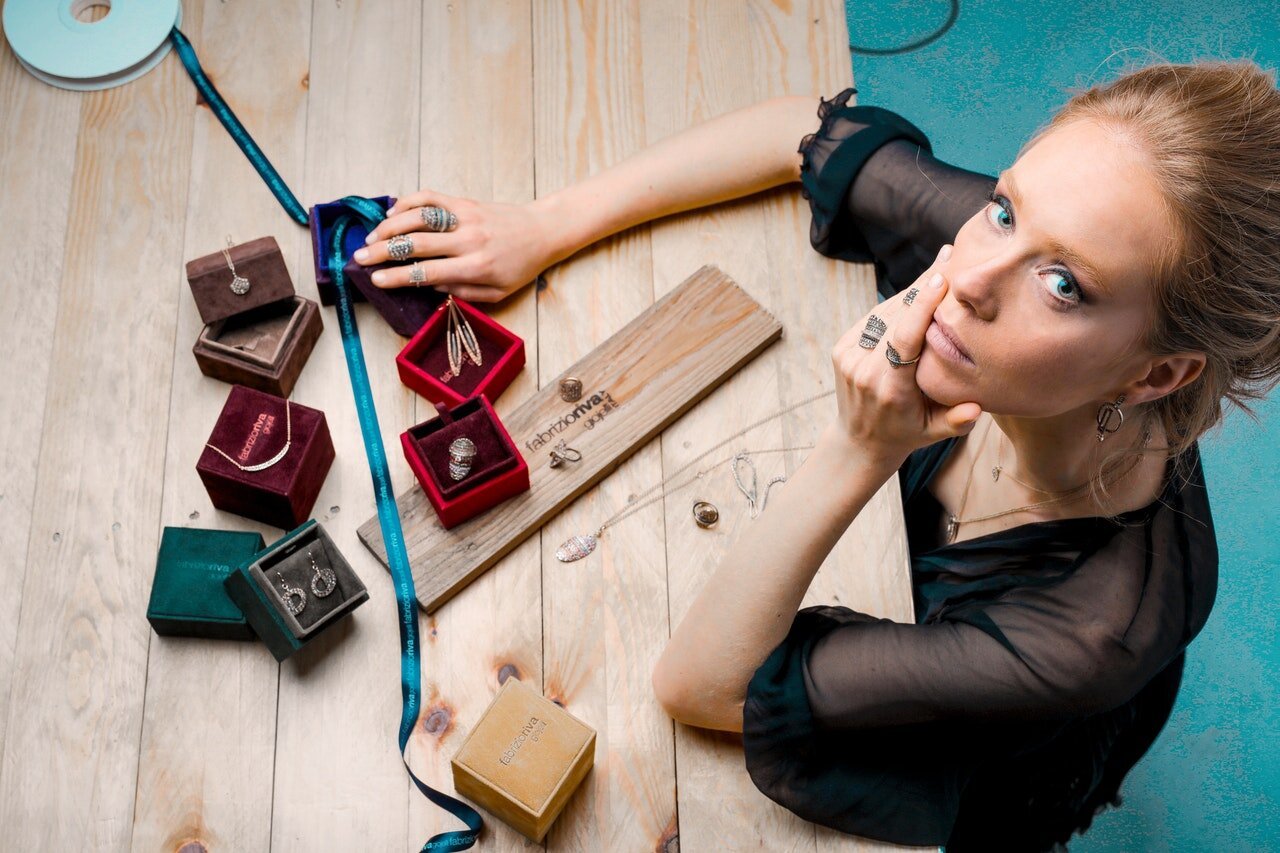Is Your Hobby Actually a Business?
After getting hit with an unexpected tax bill last year, a client recently decided she would start taking extra deductions by claiming expenses from her jewelry making hobby on next year’s tax return. While this may sound like a great idea, the Internal Revenue Service (IRS) has some pretty strict guidelines on the deductibility of hobby expenses – and whether or not her “hobby” may actually be a legitimate business!
From painting and pottery to car racing and horse breeding, many people enjoy hobbies that put a few extra bucks in their pocket. However, taxpayers who make money from a hobby must not only report that income on their tax return, they should also understand that none of the expenses connected with that hobby are deductible.
BEGINNING IN 2018 AND RUNNING THROUGH 2025, THE LAW DOESN'T ALLOW YOU TO DEDUCT HOBBY EXPENSES FROM HOBBY INCOME. YOU MUST CLAIM ALL HOBBY INCOME AND ARE NOT PERMITTED TO REDUCE THAT INCOME BY ANY EXPENSES.
Unfortunately, the 2017 tax reform law did away with itemized deductions (Code Section 67(g)), thereby doing away with hobby deductions in the process. So, the question becomes one of whether the jewelry making activity was a hobby or a business. Was our client doing it with the intent of making money?
To make that determination, we’d go through the following list of nine questions the IRS uses:
Does she carry on her jewelry making in a businesslike manner and maintain complete and accurate books and records?
Does the time and effort she puts into her jewelry making suggest she intends to make it profitable?
Does she depend on income from her jewelry making for her livelihood, or some portion thereof?
Are any losses due to circumstances beyond her control (or normal in the startup phase of her type of business)?
If she's been losing money, has she changed her methods of operation in an attempt to improve profitability?
Does she or her advisors have the knowledge needed to carry on her jewelry making as a successful business?
Was she successful in making a profit in similar activities in the past?
Did her jewelry making turn a profit in any 3 out of 5 consecutive years and if so, how much profit did it make?
Can she expect to make a future profit from the appreciation of the assets used in jewelry making?
The biggest tax limitation for a hobby is that you can’t deduct any expenses from its activities. Most hobbies come with some sort of expense – be it equipment, supplies or educational expenses. But the law says you can’t deduct those expenses if you are not engaging in that activity with the primary motive of making money. In other words, is it a business? Even if it's not and you have to report the income, at least the income is not subject to self-employment tax.
In the case of our jewelry maker, until her hobby becomes a business she won’t be able to claim a loss on her taxes.
If you have tax questions about your hobby or would like to consider converting it into a real business, please CONTACT US today. Our certified tax professionals are here to help!

